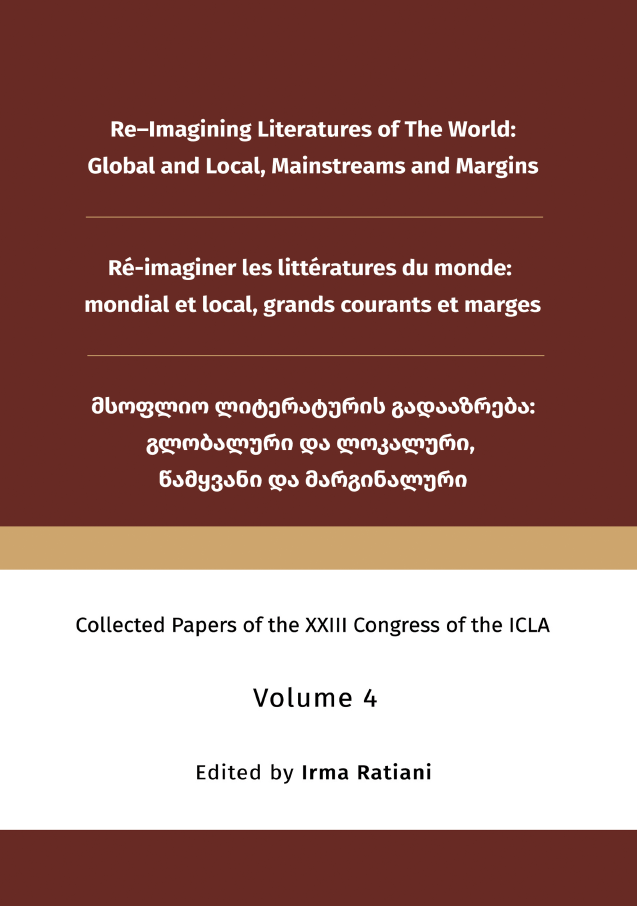The Depiction of Women in Pauline Corpus and Achebe’s Things Fall Apart: Modern African Womanist Criticism
Main Article Content
ანოტაცია
Humanities scholars, especially those in African Biblical criticism have given much attention to themes arising from biblical and ecclesiastical boundaries in their critical variants. However, in spite of the impressive body of existing literature in this field, less has been done on the comparative study of biblical and African literature. Using the African method of biblical criticism (comparative and liberation hermeneutics), this study examines the depiction of women in Pauline corpus (New Testament literature) and Achebe’s Things Fall Apart (African literature) by arguing that, although Paul’s and Achebe’s literary genres differ in this instance, similarities exist in their depiction of women in their socio-cultural milieus (first-century Greco-Roman and contemporary African societies). Gathering data from instances of selected modern African women who have locally and globally competed and achieved excellence and recognition, it critiques the negative depiction of women in Pauline corpus and Achebe’s Things Fall Apart. This paper, therefore, contributes to scholarship in the comparative study of New Testament and African literature. It shows how the patriarchal societies of the first-century Greco-Roman and modern African world discriminate against women.
